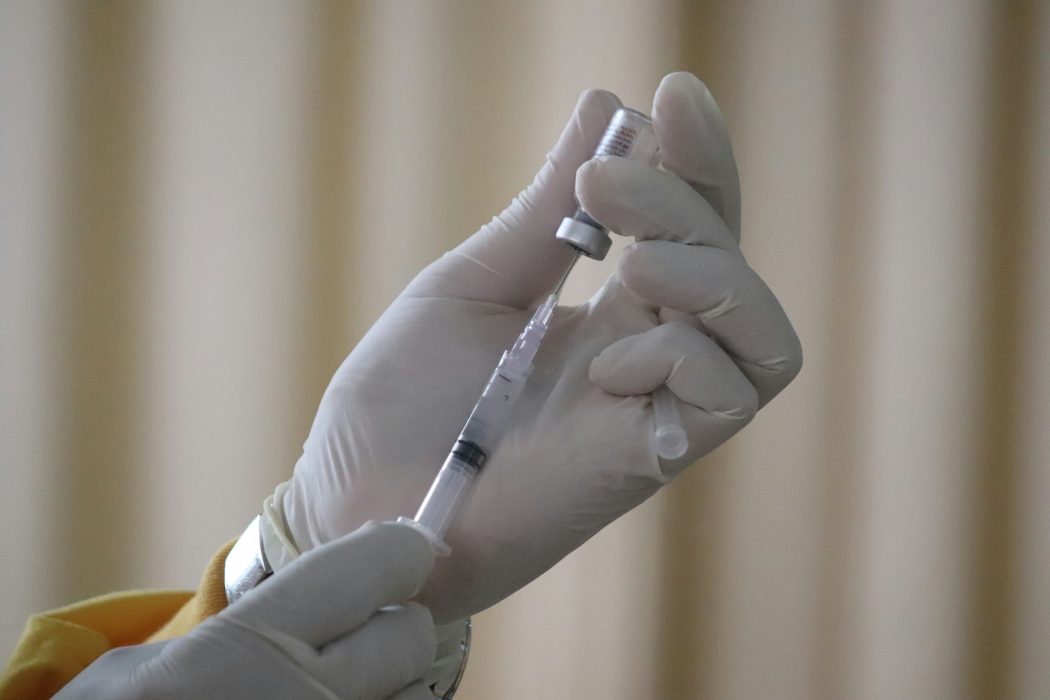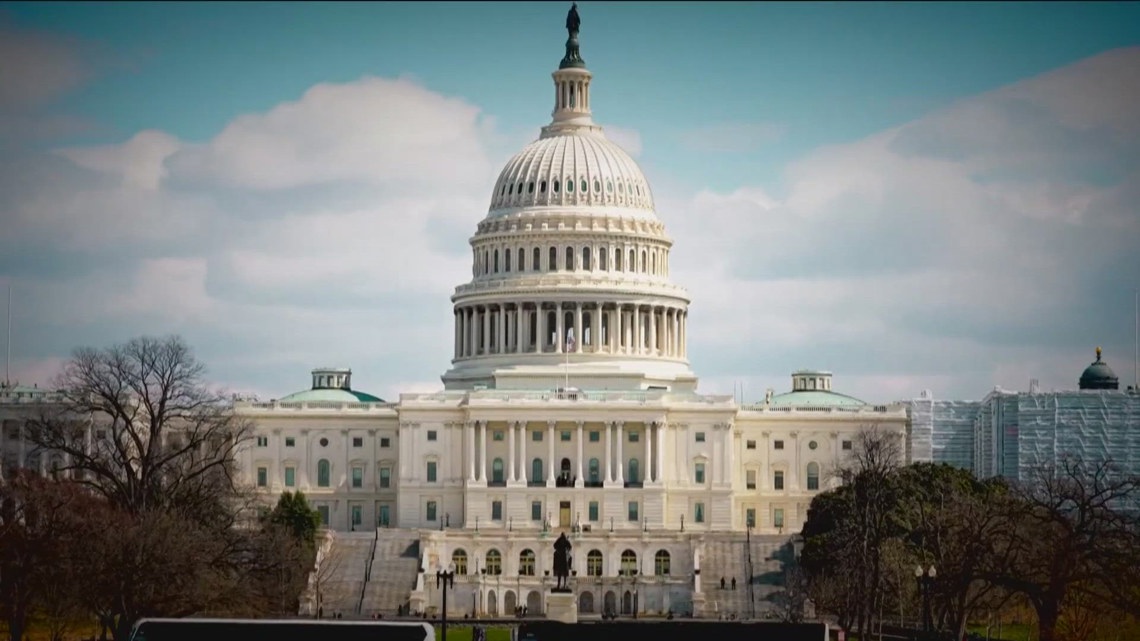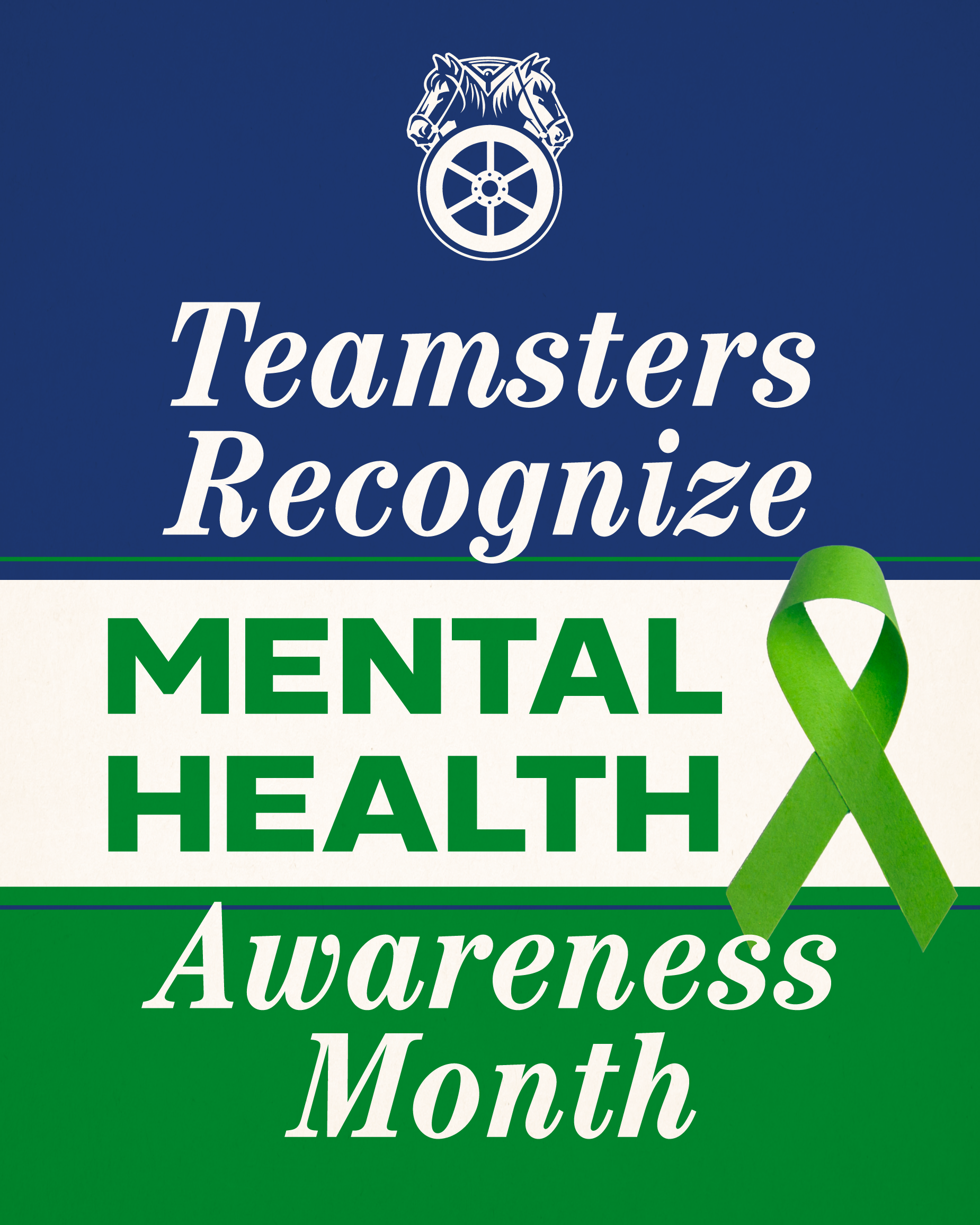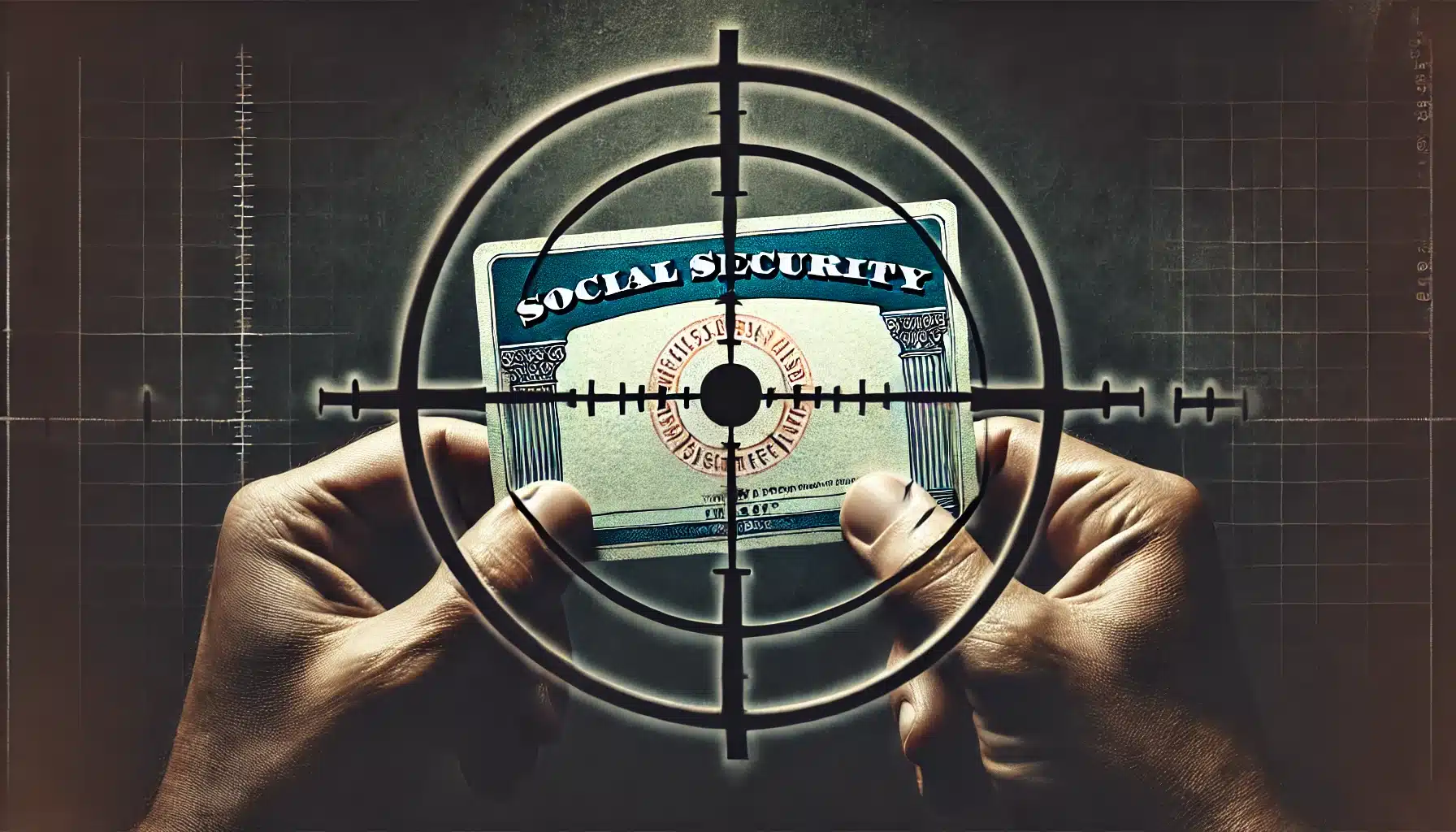Measles Alert: Your Ultimate Guide to Vaccination Hotspots and Timing
Health
2025-03-24 19:58:10Content

Protecting Yourself and Others: Your Guide to Measles Vaccination
Measles is a highly contagious viral infection that can lead to serious health complications. Understanding when and where to get vaccinated is crucial for personal and community health.
Recommended Vaccination Schedule
The Centers for Disease Control and Prevention (CDC) recommends two doses of the MMR (Measles, Mumps, Rubella) vaccine for optimal protection:
- First dose: Between 12-15 months of age
- Second dose: Between 4-6 years old
Where to Get Vaccinated
Multiple convenient options are available for receiving the measles vaccine:
- Pediatrician's offices
- Local health clinics
- Community health centers
- School immunization programs
- Pharmacy vaccination centers
Special Considerations
Some adults might need vaccination, especially if:
- You were born after 1957 and haven't been vaccinated
- You're traveling internationally
- You work in healthcare settings
Always consult with your healthcare provider to determine your specific vaccination needs and ensure you're protected against measles.
Shielding Your Community: A Comprehensive Guide to Measles Vaccination Strategies
In an era of global health challenges, understanding vaccination protocols has become more critical than ever. Measles, a highly contagious viral infection, continues to pose significant risks to public health, making informed vaccination strategies essential for protecting individuals and communities from potential outbreaks.Safeguarding Your Health: The Ultimate Measles Prevention Roadmap
Understanding Measles: A Comprehensive Health Threat
Measles represents a profound public health challenge that extends far beyond simple childhood illness. This highly infectious viral disease spreads through respiratory droplets, creating potential transmission risks in crowded environments like schools, public transportation, and healthcare facilities. Medical professionals emphasize that the virus can remain airborne for up to two hours after an infected individual has left an area, making vaccination crucial for comprehensive community protection. The pathogenesis of measles involves a complex interaction between viral transmission and human immune response. Characterized by distinctive symptoms including high fever, distinctive red rash, and potential complications like pneumonia and encephalitis, the disease demands proactive medical intervention. Immunization stands as the most effective defense mechanism against this potentially devastating illness.Vaccination Timelines and Critical Age Groups
Pediatric vaccination schedules represent a nuanced approach to immunological protection. Medical experts recommend a two-dose vaccination protocol, with the first dose administered between 12-15 months and the second dose between 4-6 years of age. This strategic timing maximizes immune system development and provides robust long-term protection against measles transmission. Healthcare professionals emphasize that vaccination windows extend beyond childhood. Adults born after 1957 without documented vaccination history should consult healthcare providers to assess their immunization status. Certain high-risk populations, including international travelers, healthcare workers, and individuals with compromised immune systems, may require additional vaccination considerations.Navigating Vaccination Access and Healthcare Resources
Modern vaccination access encompasses multiple healthcare channels, including pediatric clinics, community health centers, and specialized immunization facilities. Local health departments frequently offer comprehensive vaccination programs, often providing cost-effective or free immunization services for eligible populations. Technological advancements have streamlined vaccination tracking and accessibility. Digital health platforms now enable individuals to maintain comprehensive immunization records, schedule appointments, and receive personalized health notifications. These innovations represent a significant leap forward in public health management and individual disease prevention strategies.Addressing Vaccination Misconceptions and Public Health Challenges
Persistent misinformation surrounding vaccination continues to challenge public health initiatives. Scientific research consistently demonstrates the overwhelming safety and efficacy of measles vaccines. Rigorous clinical trials and decades of epidemiological data validate the critical role of immunization in preventing widespread disease transmission. Medical researchers emphasize that vaccine hesitancy poses significant community health risks. Herd immunity requires approximately 95% population vaccination rates to effectively interrupt disease transmission. Each unvaccinated individual potentially compromises collective community protection, underscoring the importance of comprehensive immunization strategies.Global Perspectives on Measles Prevention
International health organizations continue to prioritize measles eradication through coordinated vaccination campaigns. Developing regions face unique challenges in implementing comprehensive immunization programs, requiring innovative approaches to overcome logistical and infrastructural barriers. Collaborative global health initiatives have demonstrated remarkable success in reducing measles transmission rates. Strategic partnerships between governmental health agencies, non-profit organizations, and international medical institutions have created powerful frameworks for disease prevention and community health enhancement.RELATED NEWS
Health

Healthcare on the Chopping Block: Statewide Roundtables Spark Urgent Dialogue
2025-03-22 23:25:00
Health

Rising Star: Intermountain Health Taps New Leader for Nevada's Premier Pediatric Hospital
2025-04-07 04:30:00
Health

Honoring Life's Greatest Gift: UToledo Health Raises Flag to Celebrate Organ Donation Awareness
2025-03-26 07:40:49





